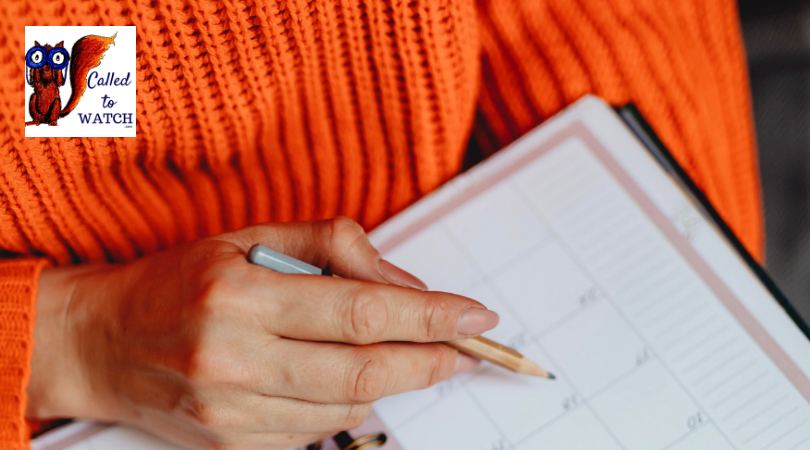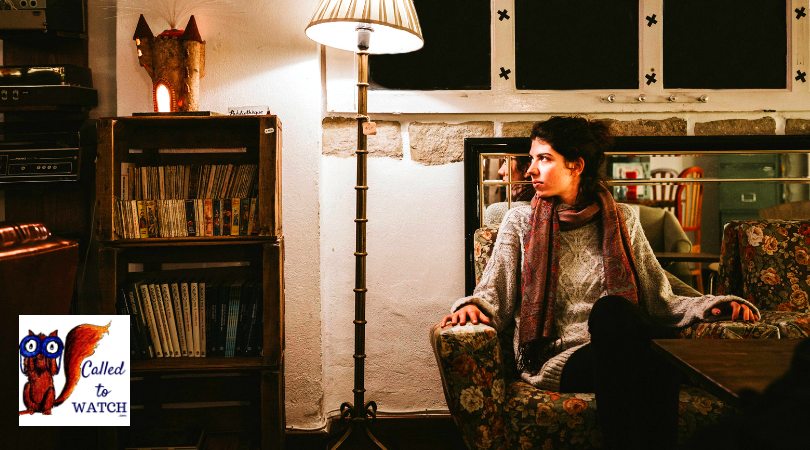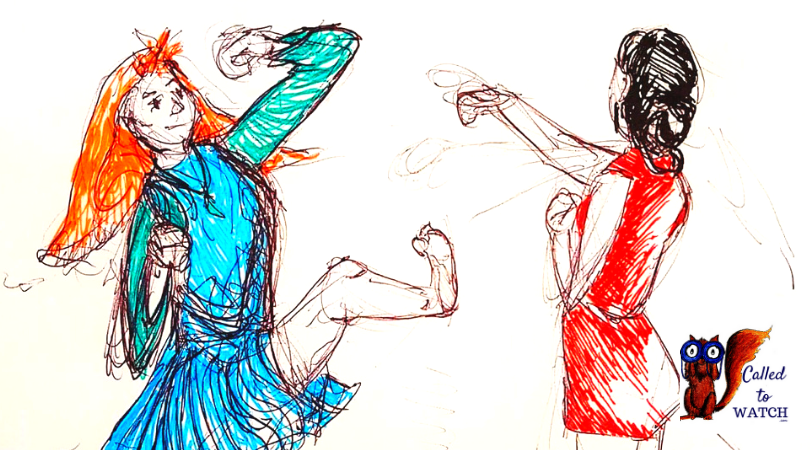Do you ever get discouraged because you can’t seem to do anything right? You can’t cheer up your Loved One, you can’t heal them, you can’t even be a ‘good’ Watcher?
You read blog posts and Bible passages about loving selflessly and encouraging others and being joyful – and you try, you really do, but you never quite succeed.
Everyone around you seems to be able to hold their life together and love others as well – and you lose your temper daily, are often discouraged, and sometimes wonder why you’re even here at all.
Continue reading “Why you shouldn’t be like Jesus (Watchers, we are not Saviours)”










